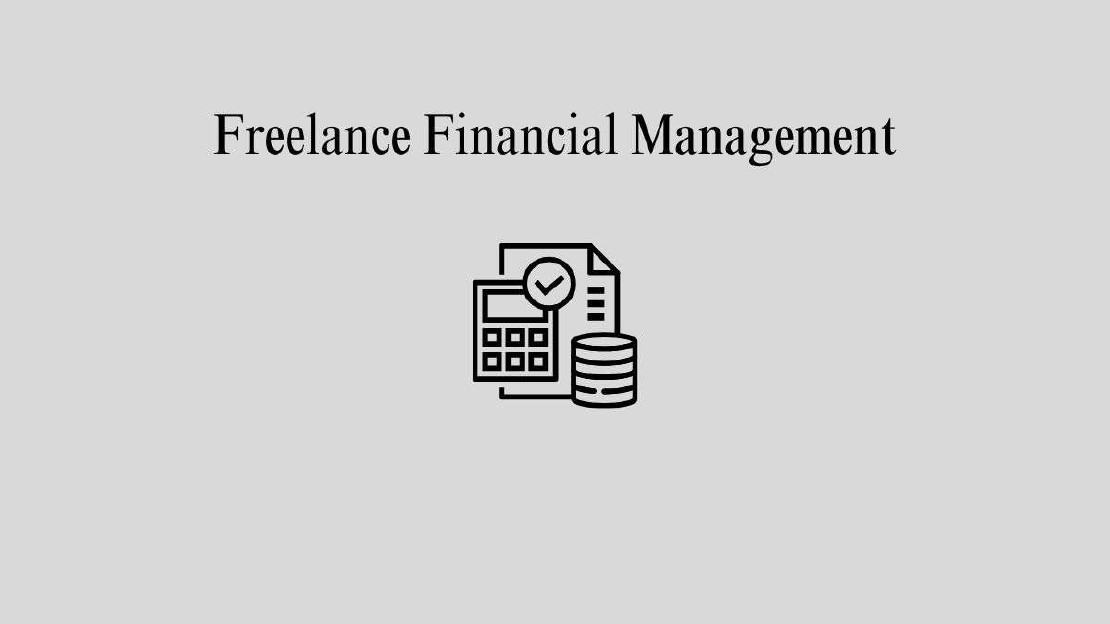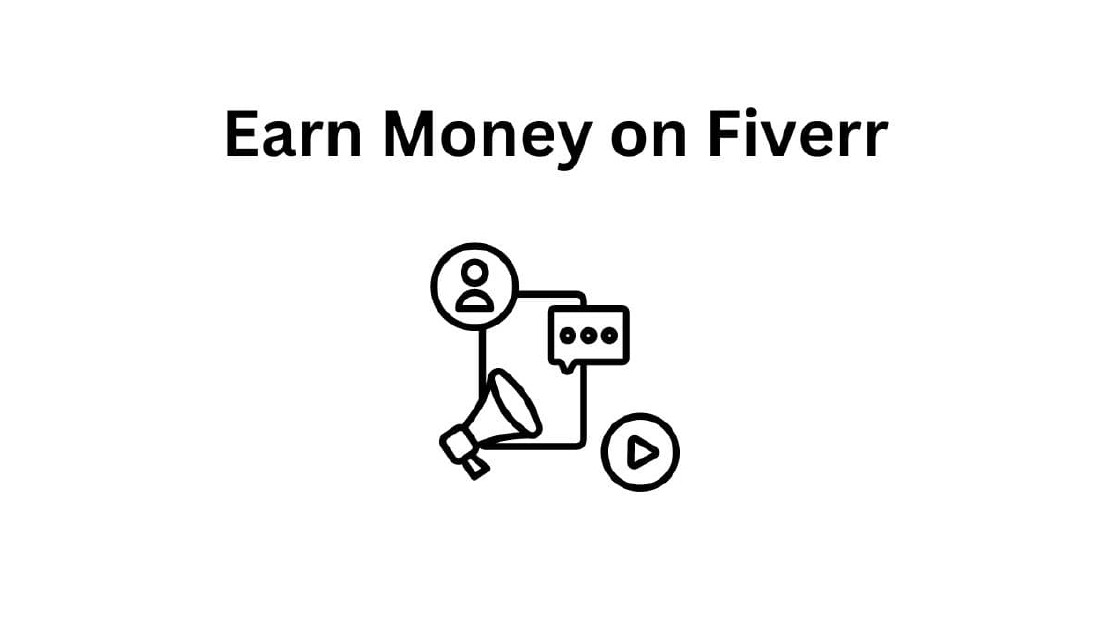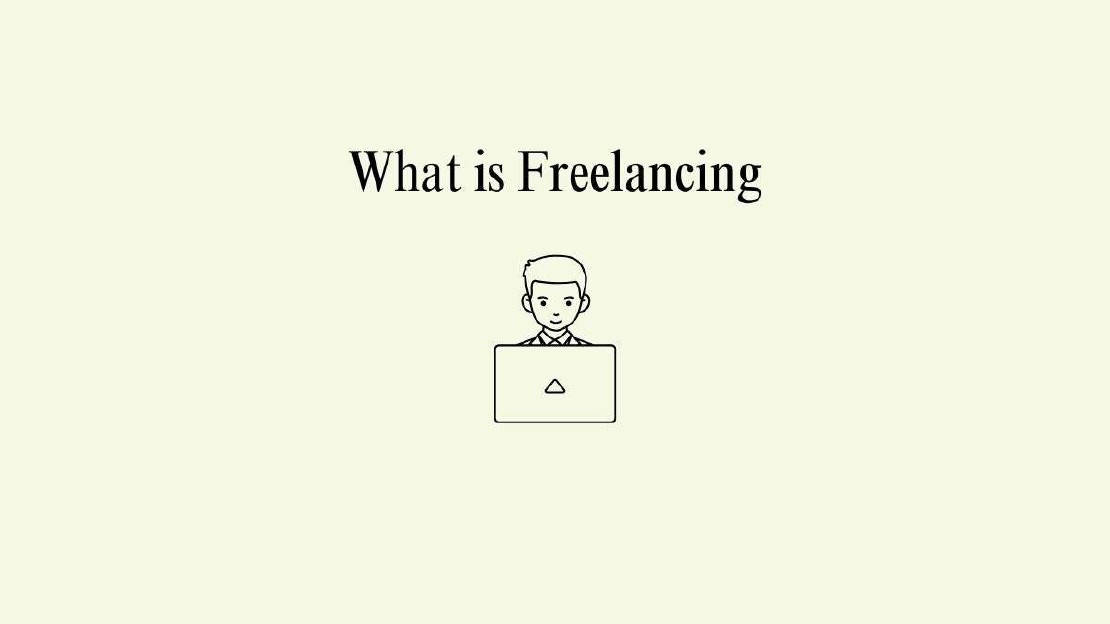What is Freelancing
In an era characterized by rapid technological advancements, shifting employment paradigms, and a burgeoning desire for autonomy and flexibility, freelancing has emerged as a compelling alternative to traditional employment. In this blog post, we will explore what freelancing is, its pros and cons, and why this industry has grown. More importantly, we’ll discuss why so many people are choosing to become freelancers.
What is Freelancing
So, what is freelancing exactly? At its core, freelancing refers to a mode of employment where individuals offer their services on a contractual basis to clients or businesses without entering into a long-term employment commitment. Commonly known as independent contractors, consultants, or solopreneurs, freelancers operate outside the confines of traditional employer-employee relationships, providing services ranging from graphic design and web development to copywriting and consulting.
Key Characteristics of Freelancing
Freelancing stands apart from traditional jobs due to its unique features:
- Independence: Freelancers act as their own bosses, choosing clients, setting rates, and managing schedules.
- Project-Based Work: Tasks range from short-term gigs to long-term contracts with various clients.
- Flexibility: Work from anywhere, set your own hours, and balance personal and professional life.
- Income Variability: Earnings depend on finding and maintaining a steady flow of clients.
- Self-Management: Freelancers handle all aspects of their business, including client communication, invoicing, and taxes.
Why You Should Start Freelancing
There are many reasons why you should start freelancing! The gig economy, driven by short-term contracts and freelance work, has surged in recent years thanks to technological advancements, remote work, and demand for specialized skills. Freelancing offers autonomy, flexibility, and entrepreneurship, allowing individuals to choose projects, set schedules, and work from anywhere.
Freelancers now make up over 35% of the U.S. workforce, a figure expected to grow, with projections suggesting they could form the majority by 2027. Globally, freelancing is booming, reflecting a shift in how people work and live. Freelancers prioritize passion, autonomy, and work-life balance over traditional employment structures.
Despite the benefits, freelancers face challenges like fluctuating income and lack of benefits. However, these hurdles have spurred innovative solutions and fostered supportive communities, further solidifying freelancing as a transformative force in the modern workforce.
Intriguing Freelance Statistics
Freelancing is on the rise, transforming how people approach work:
- Global Workforce Impact: Over 1.57 billion freelancers contribute to the global economy.
- Income Growth: In the U.S., freelancers earned over 1.2 trillion U.S.D. in 2022.
- Demographics: Millennials and Gen Z dominate the freelance workforce.
- Popular Fields: Freelancers thrive in writing, IT, marketing, and design roles.
These statistics highlight the increasing relevance of freelancing in today’s job market, showcasing its potential as a sustainable career path. For more information, read intriguing freelance statistics.
How to Start a Freelancing Career
Embarking on a freelancing journey is a wonderful step toward independence. Start by contemplating your skills and passions—what truly drives you? Craft a portfolio that speaks to your strengths, even if it’s just personal work for now. Explore freelance platforms where clients seek talent like yours. Reach out to your circle and share your new path. It may take time, but with patience and persistence, you’ll find the freedom and fulfillment that freelancing offers. Explore our article on how to start freelancing for more details.
Benefits of Freelancing
Freelancing comes with numerous advantages, making it an attractive option for individuals across different industries.
- Flexibility: Freelancers have the freedom to design their workdays. Whether you’re an early riser or a night owl, you can gchoose to work when you’re most productive.
- Variety: Freelancers often work with multiple clients, exposing them to diverse industries and projects. This variety keeps the work dynamic and helps develop a wide range of skills.
- Control Over Earning: Unlike salaried employees with fixed incomes, freelancers can set their rates and take on additional projects to increase their earnings.
- Skill Development: By working on different projects and with various clients, freelancers continually learn and improve their skills, staying competitive in their fields.
- Location Independence: Many freelancers work remotely, allowing them to choose where they live and work. This can be particularly appealing for those who want to travel or work from home.
Challenges of Freelancing
While freelancing offers many benefits, it’s not without its challenges.
- Income Instability: Freelancers may experience periods of high demand followed by slow periods. Managing finances and planning for downtime is essential.
- No Traditional Benefits: Freelancers don’t receive benefits like health insurance, retirement plans, or paid time off. These must be managed independently.
- Self-Marketing: To secure clients, freelancers need to actively promote their skills and build a strong personal brand, which can be time-consuming.
- Isolation: Working independently can sometimes feel lonely, especially for freelancers who thrive on social interaction.
- Client Management: Freelancers are responsible for finding clients, negotiating terms, and managing relationships. This requires strong communication and organizational skills.
Managing Freelance Finances Wisely
Managing your finances effectively is crucial when freelancing. Keep track of your income and expenses, set aside money for taxes, and create a savings plan for slower periods. Consider using accounting software or working with a financial advisor to handle your freelance financial management efficiently.
Conclusion
Freelancing is a rewarding career path that offers flexibility, variety, and the potential for higher earnings. However, it also comes with challenges such as income stability and lack of benefits. By understanding the ins and outs of freelancing, building a strong portfolio, managing your business effectively, and continuously learning, you can navigate these challenges and build a successful freelance career. The future of freelancing looks bright, with growing opportunities and the freedom to shape your professional journey on your own terms.
Recent Posts

- Freelancing
Wealthiest Freelancers List
In a world where traditional employment is continually being redefined, freelancing has emerged as a lucrative career path for many. This investigation delves …

- Freelancing
Managing Freelance Finances
Freelancing offers unparalleled freedom and flexibility, but it also brings unique financial challenges. Unlike traditional employees who receive regular …

- Freelancing
Make Money on Fiverr
Fiverr has revolutionized the freelance marketplace by offering a platform where freelancers can sell their services, or “gigs,” starting at just …
